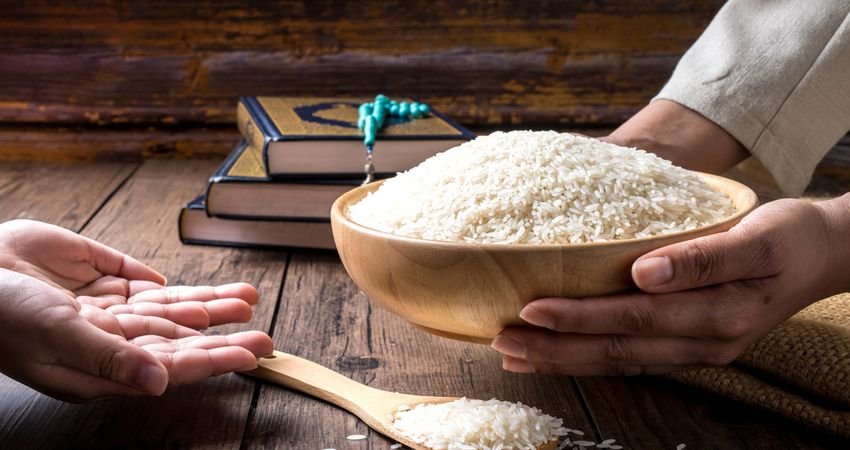It is quite a usual thing when one can suffer from a kind of illness or disease, and during that time, they have to stick to a strict routine of consuming food and water. During this time, they may not be able to follow the routine of Ramadan religiously, which might break the law, and in such cases, they need to compensate for it. In this blog, we will talk about Kaffara in Islam.
What is Kaffara in Islam?
Ramadan is considered very auspicious as per the religious laws of Islam and marks a very crucial part of their tradition every year. It is that time when one has to perform a continual fast of 30 days, and if they don’t follow it is not followed religiously, then one has to perform charitable compensation in the form of offering meals to 60 poor people. This is called Kaffara in Islam.
Kaffarah for Breaking Fast
As per Islamic laws and traditions, the Fasting Ransom or Kaffrah in Islam is a provision for breaking the Ramadan fast where one has to donate a monetary amount in respect to Allah for not following the rules of worship due to sickness, illness, or traveling. This can be considered as a penalty with a valid excuse for breaking Ramadan Fast. It is the reason why you need to do Kaffarah for Breaking Fast.
How Much Should I Pay for Kaffarah?
Looking for an answer to How Much Should I Pay for Kaffarah? While you might be aware of Kaffara in Islam, you should know its aspects to donate willfully as per the Islamic provisions. In case of fast-breaking during Ramadan, it costs around DH900. Overall, one should feed one poor person with 600 gms of rice or wheat for every broken fast.
What are the three types of Kaffarah?
Usually, people do ask about what are the three types of Kaffarah. Here are different types of Kaffara that you should know:
- Kaffara for Fasting: If one is not able to fast continually in Ramadan, they have to feed 600 gms to a poor person.
- Kaffara for Oath: If one breaks the oath, they have to perform kaffara by donating food or clothes to 10 people.
- Kaffara for Hajj: There are certain laws of Islam for Hajj Pilgrimage, and if any Muslim doesn’t follow it, they have to keep the fast for three days or have to feed 60 or more people.
When Kaffara in Islam has to be Paid?
There are different provisions for Kaffara in Islam as it covers different kinds of exemptions. One exemption is for those who are elderly people and are not able to fast. They have to pay for Kaffara at the beginning or end of Ramadan. On the other hand, if someone is not able to keep fast due to illness, they can pay for Kaffara at the end of Ramadan for the number of days missed.
Conclusion
Kaffara in Islam is religiously laid out by Muslim scholars, and one should take it quite seriously and truthfully without making any compromise to the worshipping laws. Kaffara can be done easily through a lot of means listed above in this blog, and one should understand it well as a Muslim.

